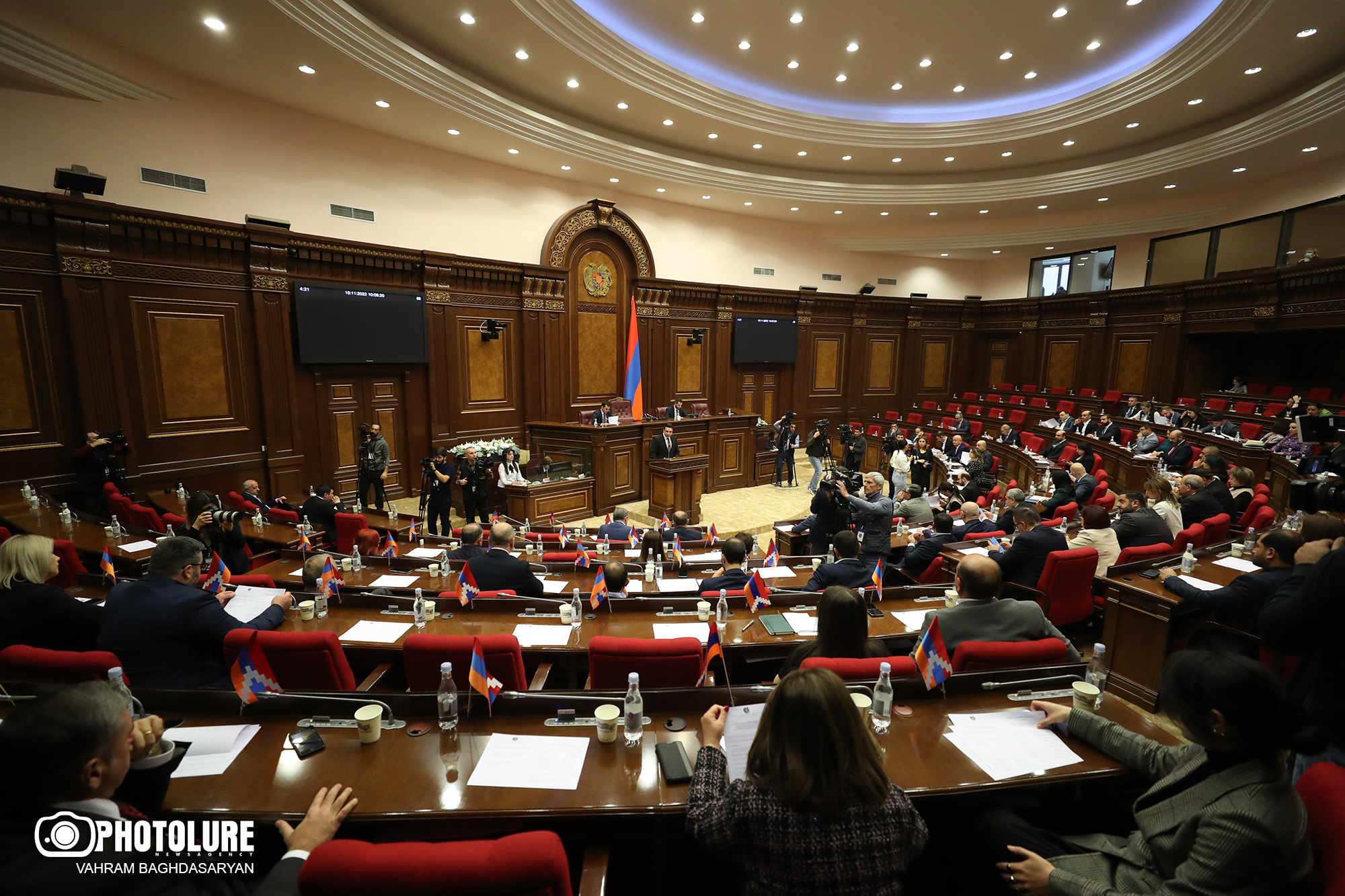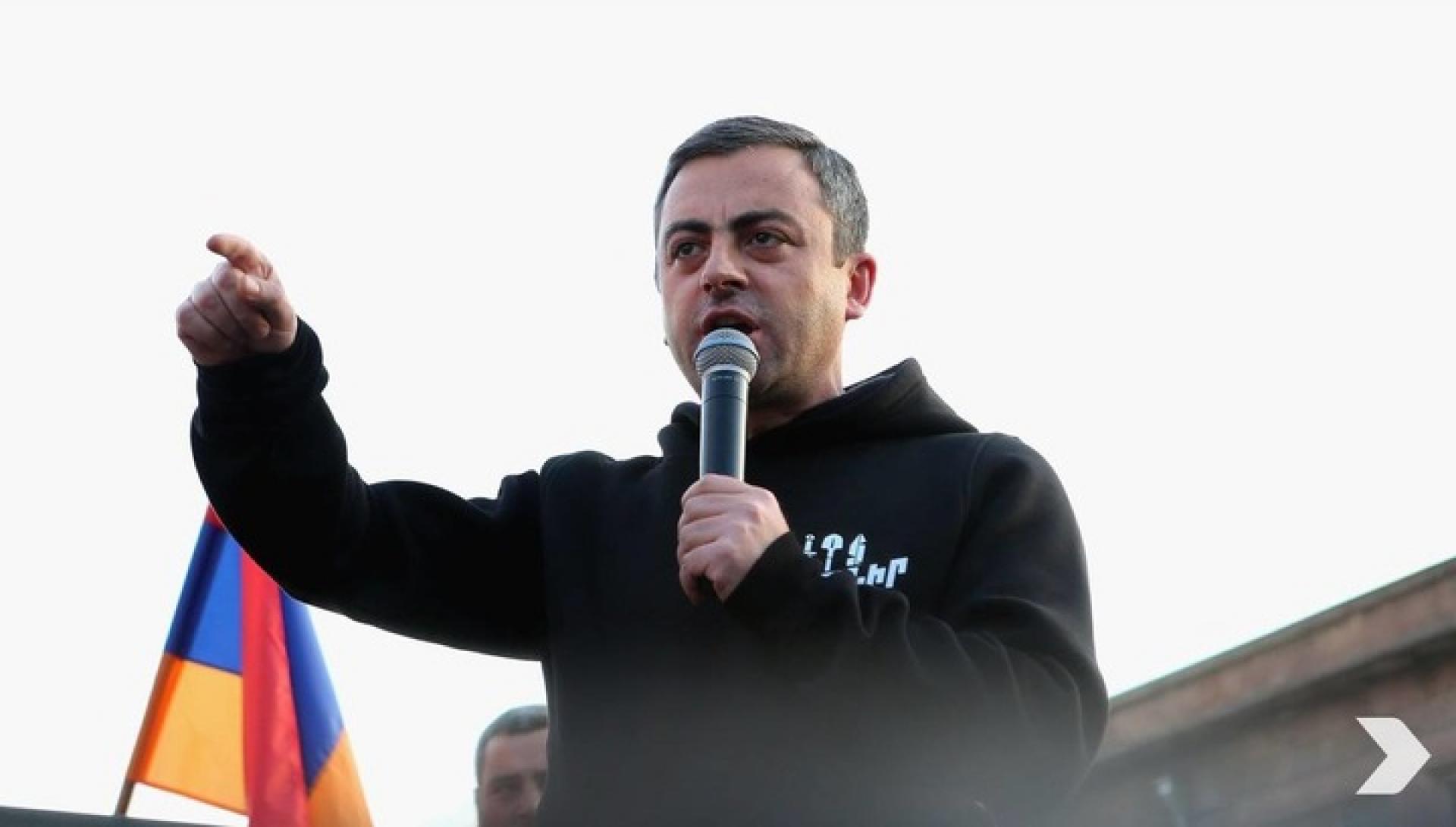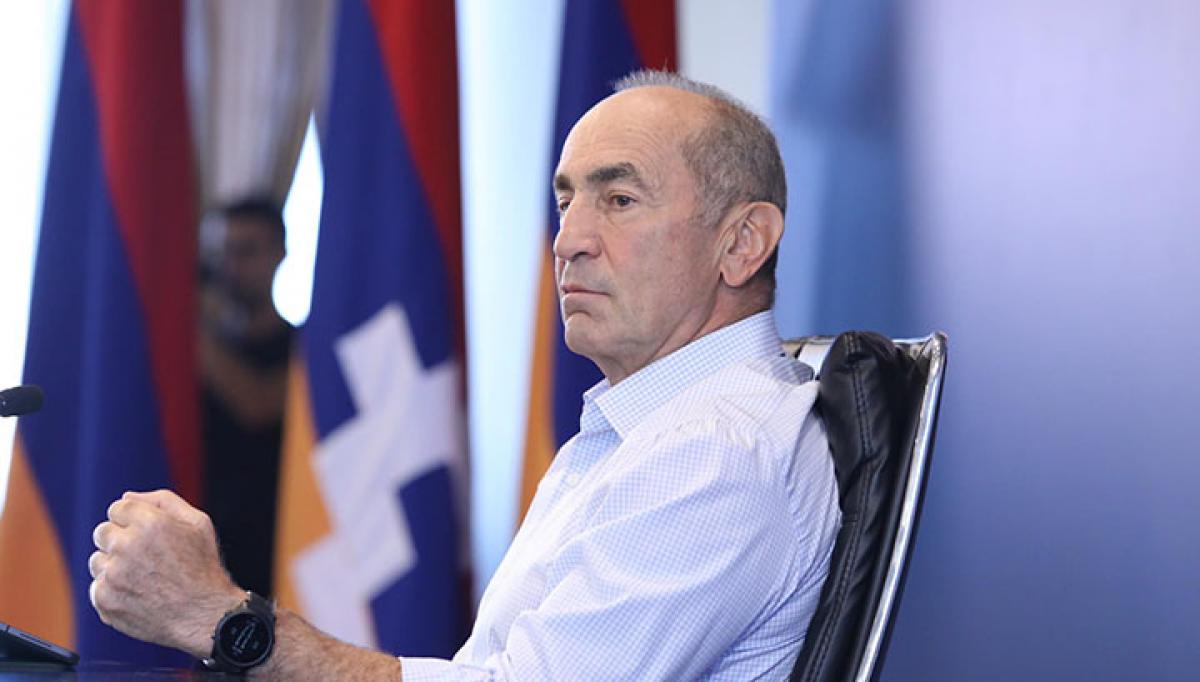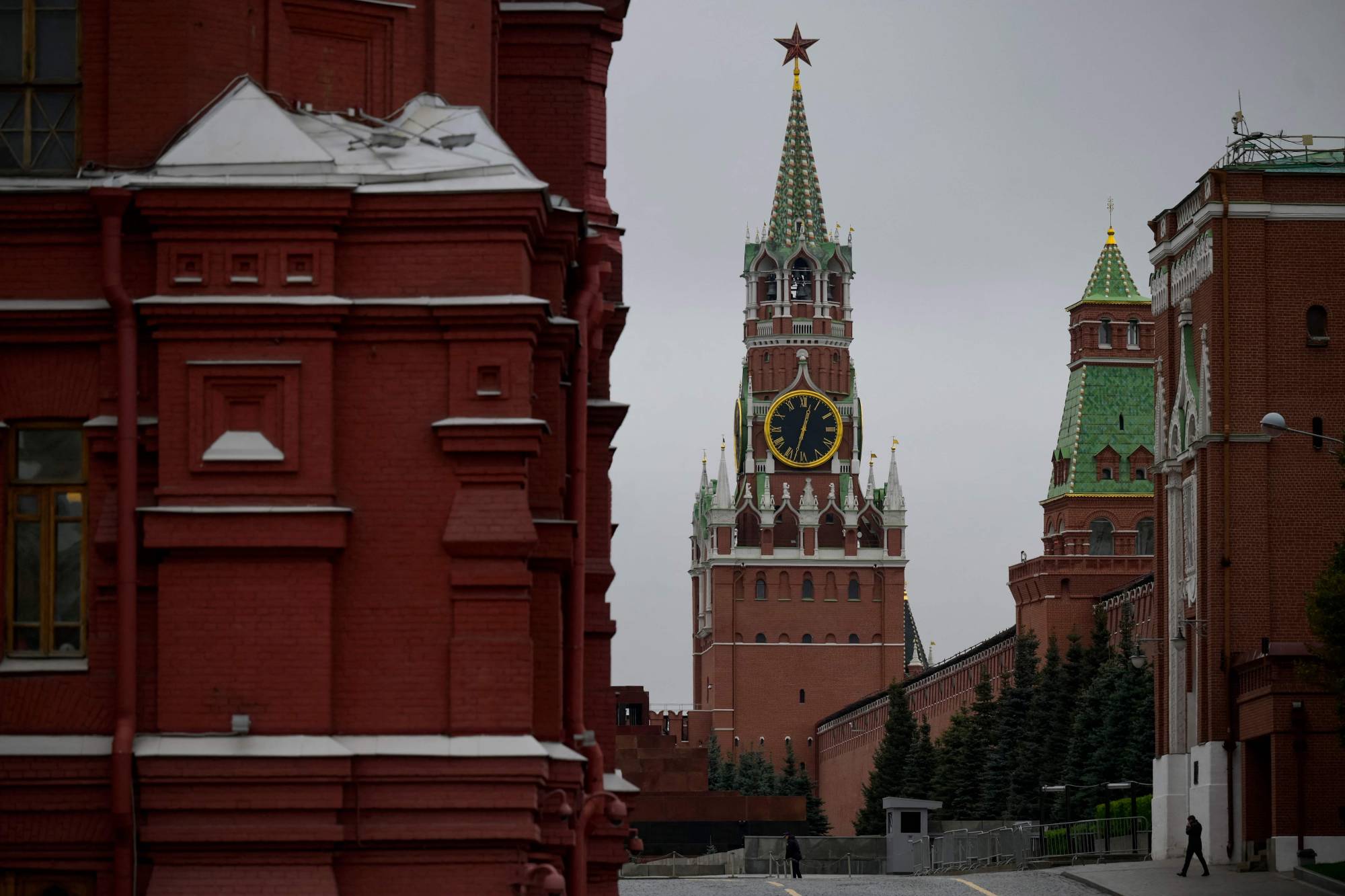Armenian opposition: split or preparation for new stage of struggle?
A split in the Armenian opposition?
The Resurgent Armenia party, a member of the Hayastan opposition faction of the National Assembly of Armenia, has decided to suspend its parliamentary activities.
The leadership of the faction, commenting on the decision of the party leaving its ranks, vowed that the goals and principles that once united them have not changed, and “much remains to be done together in the political struggle.”
Meanwhile, speaker of the parliament Alen Simonyan said the day prior that the prosecutor general may appear in parliament in the near future on the issue of depriving three opposition deputies of immunity, although Simonyan did not provide names or other details. Some experts believe that the decision to give up mandates may be due to the interest of law enforcement agencies in the activities of opposition deputies.
But political commentator Hakob Badalyan is inclined to think the opposition is preparing for a new political struggle, both in regular elections and processes that, according to their calculations, would lead to snap elections.
The opposition factions “I have the honor” and “Hayastan” (Armenia) agitated to have Armenian Prime Minister Nikol Pashinyan dismissed after his statement about a possible “lowering of the bar” of the status of Nagorno-Karabakh. This went on for more than six months. The deputies did not participate in the meetings, claiming that “a false agenda that has nothing to do with the serious threats that Armenia is facing” is being discussed in parliament. On November 15 the opposition parties returned to parliament, declaring that they “had decided to make full use of parliamentary tools.”
Statements by the opposition and the speaker of parliament, and an expert’s commentary.
“The grounds for the boycott of meetings are still relevant today”
The Resurgent Armenia party announced the decision to stop its activities in the parliament on Facebook.
The deputies decided to resign their mandates after lengthy discussions, including “with different segments of the population.” They announced that parliamentary activity and deputy mandates are “not an end in themselves” for them:
“We remain of the opinion that all the reasons that a few months ago forced a boycott of meetings in the National Assembly remain relevant today.”
Three of the four deputies of “Resurgent Armenia”, head of the party Vahe Hakobyan and his deputies Hripsime Stambulyan and Elena Kirakosyan, have already submitted applications for the resignation of their mandates.
These deputies of the “Armenia” faction did not return to the parliament in November. Vahe Hakobyan said that they were discussing their further plans, including the rejection of mandates.
However, Resurgent Armenia MP Zemfira Mirzoyeva will retain her mandate by temporarily suspending her membership in the party. She represents the Assyrian community of Armenia in the parliament and was elected according to the quota for national minorities.
“The party council’s decision is, first of all, the result of respect for the national minorities of the Republic of Armenia and in no way aims to interfere with the solution of the problems of national minorities, which is an important part of Zemfira Mirzoyeva’s activities,” the party statement says.
The deputies leaving the parliament wished their colleagues from the Armenia opposition faction success “in their activities and struggle.” They also stressed that cooperation, “based on common ideas and goals”, will continue.
A split in the ranks of the opposition faction “Armenia”?
Before the members of the Resurgent Armenia party left the parliamentary faction, another deputy, Aram Vardevanyan, known as a lawyer for former President Robert Kocharyan, also left. He stated that he was returning to the legal community where “there is a lot to do.” Vardevanyan also did not participate in the meeting on November 15 when the opposition returned to parliament.
There are active discussions in the expert community about a possible split among the opposition faction “Armenia”. Local media report that there are still deputies who intend to lay down their mandates. However, the head of the faction claims that “these are political speculations of forces that want to see a split in the faction.”
The Prosecutor General will appeal to Parliament on issue of depriving deputies of immunity
Parliament Speaker Alen Simonyan did not rule out the possibility a few days before the decision of the members of the Resurgent Armenia party to resign. Simonyan said that parliament would only deprive them of their immunity, and then it was “a matter for law enforcement agencies.”
Commenting on the disagreements in the “Armenia” faction and a possible split in its ranks, the speaker told reporters that the process would continue, which he knew about from “reliable sources.”
Some Armenian experts view the renunciation of mandates with as an attempt to dodge law enforcement investigations.
Comment
According to political observer Hakob Badalyan, structural changes in the parliamentary opposition were inevitable from the very beginning. He says that the “I have the honor” and “Hayastan” factions were formed with the logic of solving the short-term task participating in the 2021 elections and securing a seat in parliament.
“Further political events, especially those caused by external influence, should have led to the need to change its structure. Today we see this very process, the parliamentary opposition forces are in a phase of transformation,” Badalyan told JAMnews.
According to him, it is no secret that the internal political agenda of Armenia completely depends on external problems, primarily on developments in the Armenian-Azerbaijani conflict and the Karabakh issue:
“The political agenda, formed under the influence of external realities, leads to the need for a new domestic political status quo. The opposition is trying to prepare for a new political cycle, be it regular elections or a process that includes any possibility of early elections. And this equally applies to extra-parliamentary forces.”
Badalyan believes that the parliamentary majority can stimulate the processes necessary to prepare society for new realities:
“The authorities themselves may see the need to promote internal political transformations in Armenia or activate them, based on the need to create conditions for themselves to maneuver. Armenia has this task in foreign policy.”
A split in the Armenian opposition?






















